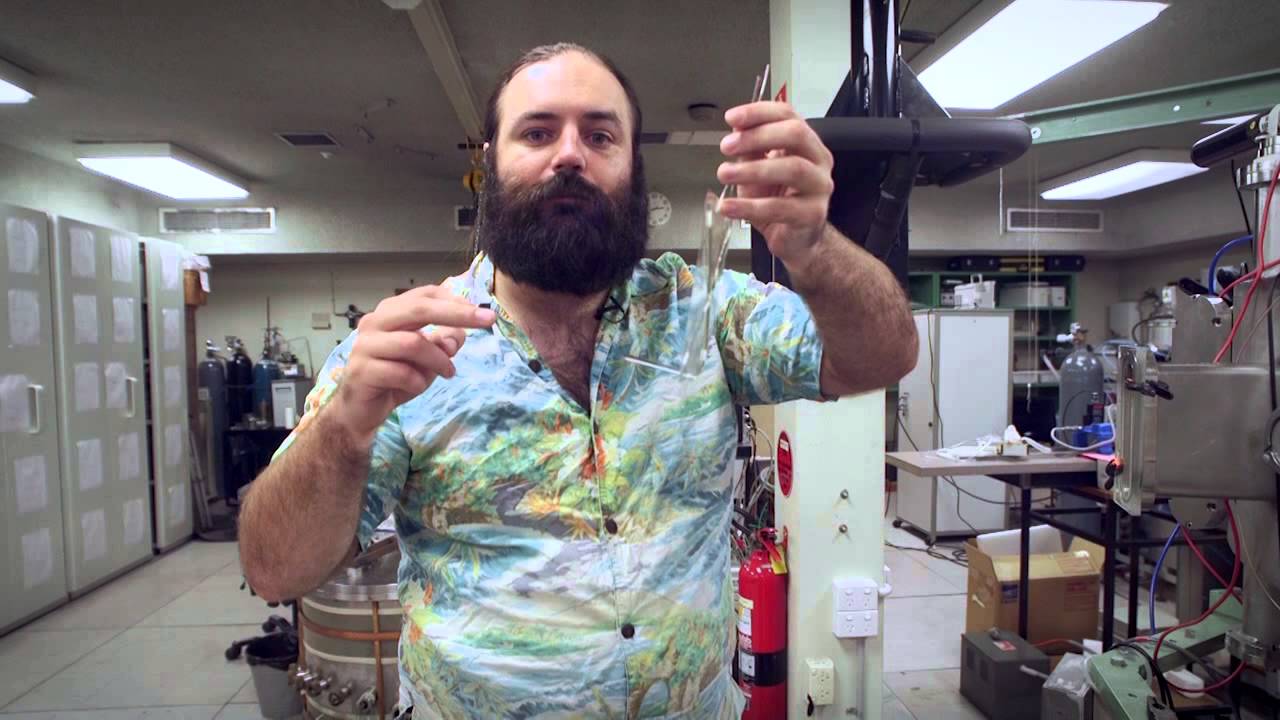SoftBank is pouring a massive $130 million funding round into the science fiction-invoking robots at Zymergen, which creates new microbes for corporations and government agencies.
Category: government
According to the European Union e-government report 2016, other countries should follow the steps Estonia has taken in e-governance and the availability of online services to the public.
Even though the report ranks the small Mediterranean nation of Malta as first in Europe for e-government services, it notes that Estonia has been capable of increasing its internet penetration in 2014–1015 and the awareness of its e-government services, “which were of high quality already”.
“Malta, Cyprus and Lithuania should follow the steps of Estonia, as they are very similar countries,” the report asserts.
As I have continued for over a year to repeat that for any company or government entity to not include QC in their 5+ yrs future state roadmap is truly enabling their company or government to be easy pickings for hackers.
Quantum scientist Michele Mosca will discuss security in the coming quantum age during a live Webcast tonight at 7 P.M.

“Nobody likes taxes. So it’s a brave move by Justin Trudeau, Canada’s prime minister, to announce that the entire country must pay if it continues to burn fossil fuels.”
Alone in a Spartan black cockpit, test pilot Mike Melvill rocketed toward space. He had eighty seconds to exceed the speed of sound and begin the climb to a target no civilian pilot had ever reached. He might not make it back alive. If he did, he would make history as the world’s first commercial astronaut.
The spectacle defied reason, the result of a competition dreamed up by entrepreneur Peter Diamandis, whose vision for a new race to space required small teams to do what only the world’s largest governments had done before.
Peter Diamandis was the son of hardworking immigrants who wanted their science prodigy to make the family proud and become a doctor. But from the age of eight, when he watched Apollo 11 land on the Moon, his singular goal was to get to space. When he realized NASA was winding down manned space flight, Diamandis set out on one of the great entrepreneurial adventure stories of our time. If the government wouldn’t send him to space, he would create a private space flight industry himself.
Hmmmm.
By: Claire Bernish / (The Free Thought Project) On Saturday, the United States ceded oversight of one of the Internet’s most basic and fundamental functions — the so-called “root zone,” which governs new domain names and addresses — handing it over to a small non-profit group by allowing a 47-year contract to expire.
For decades, the U.S. Commerce Department held a contract with the Internet Corporation for Assigned Names and Numbers (ICANN) — whose executives and board of directors must now report to an Internet “stakeholder community,” loosely comprised of academics, activists, engineers, government officials, and corporate interests.
In theory, this advisory panel could revoke ICANN’s authority entirely should it not live up to expectations — but all actions “are supposed to be done by consensus.”
World War 3 Warning: Space War ‘Challenge’ Looming With China And Russia, U.S. Strategic Command General States
Posted in existential risks, government, military, robotics/AI, satellites | Leave a Comment on World War 3 Warning: Space War ‘Challenge’ Looming With China And Russia, U.S. Strategic Command General States
A top U.S. general has issued a sobering warning that both China and Russia, given their years of emphasis on upgrading and renovating their space war arsenals, could, in the future, place the United States in a position of weakness if matters were to degenerate into a state of war between the countries. Air Force Gen. John E. Hyten believes that China and Russia have been attempting to outpace the U.S. in military matters with regard to space and that the Pentagon is now moving to counter the foreseen “challenge” of possibly being outmaneuvered and outgunned in space. If a World War 3 scenario were to actualize, he thinks the U.S. should be prepared to meet said challenge.
The Washington Times reported last week that Air Force Gen. John E. Hyten, who has been chosen as the next commander of Strategic Command, told Congress’ Senate Armed Services Committee that the U.S. is moving to counter the threat of a space war disadvantage with China and Russia. He said China and Russia are currently in the process of developing anti-satellite missiles, laser guns, and maneuvering killer space robots that could, once deployed, knock out or incapacitate strategic U.S. communications, navigation and intelligence satellites. As military experts know, these craft are crucial to the maintenance and actionability of America’s high-technology warfare systems.
“The Department of Defense has aggressively moved out to develop responses to the threats that we see coming from China and Russia. I believe it’s essential that we go faster in our responses.”

“The donation is part of an ambitious plan to preserve Argentina’s northeastern Iberá wetlands and restore populations of six species of wildlife, including jaguars, that had gone extinct in the region. Tompkins plans to donate about 341,350 acres, a spokeswoman from her nonprofit Tompkins Foundation told The Huffington Post.”
The Intelligence Advanced Research Projects Activity has launched a multi-year research and development effort to create new technologies that could provide an early warning system for detecting precursors to cyberattacks. If successful, the government effort could help businesses and other targets move beyond the reactive approach to contending with a massive and growing problem.
IARPA, part of the Office of the Director of National Intelligence, says the three-and-a-half year program will develop software code to sense unconventional indicators of cyber attack, and use the data to develop models and machine learning systems that can create probabilistic warnings.
Current early warning systems are focused on traditional cyber indicators such as activity targeted toward IP addresses and domain names, according to IARPA program manager Robert Rahmer. The first stage, lasting 18 months, will examine data outside of the victim network, such as black market sales of exploits that take advantage of particular software bugs. The second and third phases, 12 months each, will examine internal target organization data and look for ways to develop warnings and transfer any tools that emerge from the research from one organization to another, he said.







